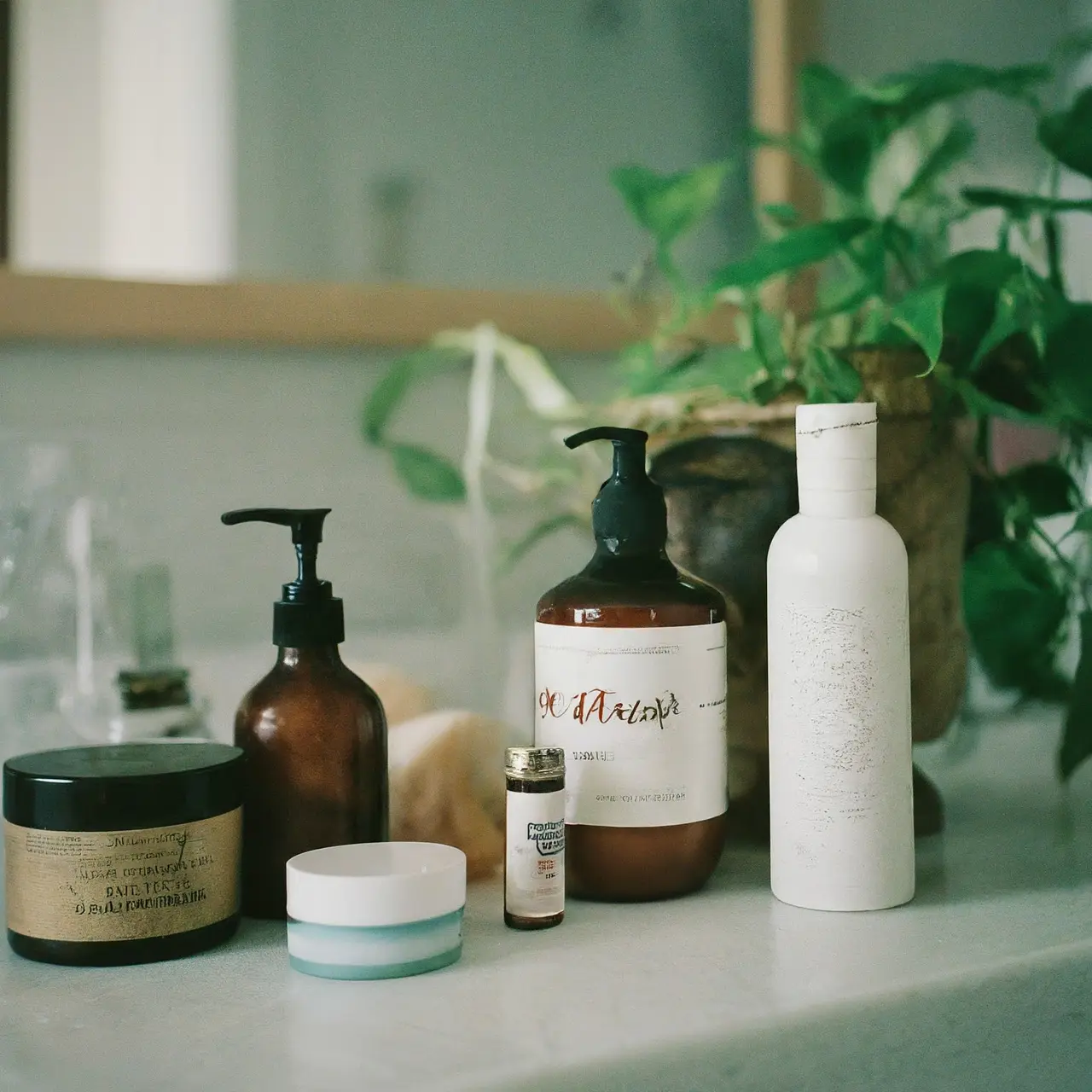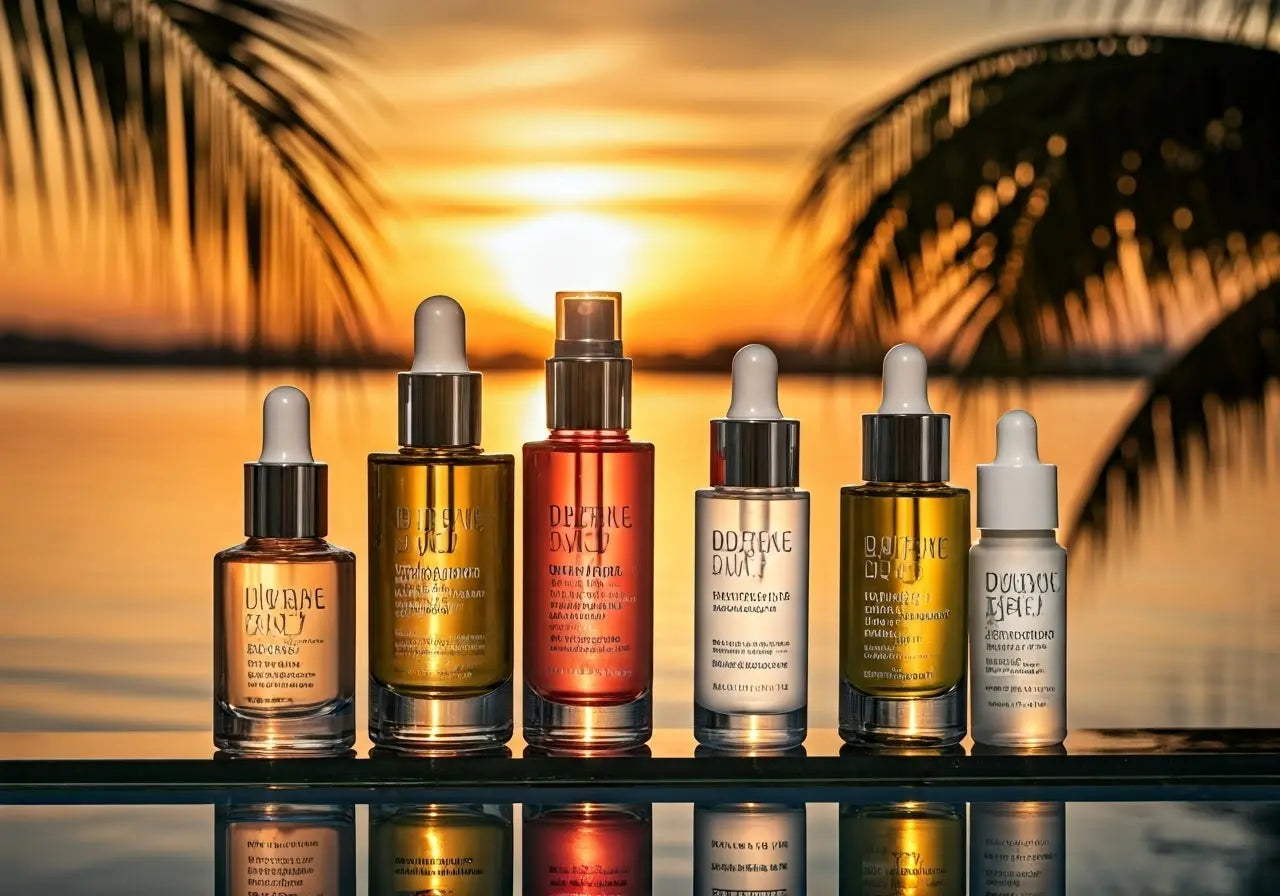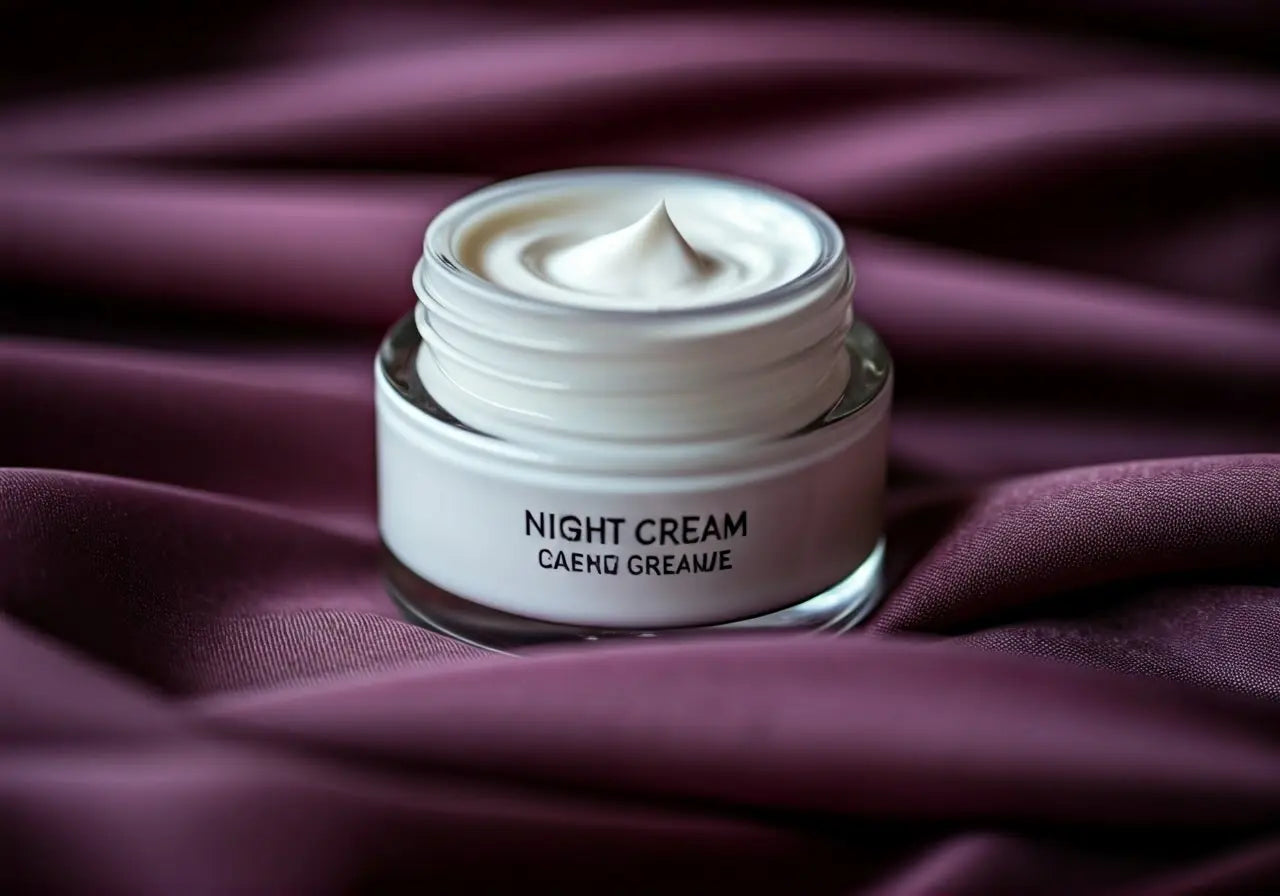Navigating the world of skincare can often feel like trying to solve a complex puzzle. With endless advice and new products constantly hitting the shelves, it’s easy to wonder how often should we be tweaking our skincare routines. This post breaks down the essential moments to consider making a change, ensuring your skin gets exactly what it needs to glow.
Understanding Your Skin’s Needs
Before diving into any changes, it’s crucial to assess your skin’s current condition and understand its needs. Knowing whether your skin is dry, oily, combination, or sensitive is the first step in determining any necessary adjustments to your skincare routine.
Remember, your skin’s needs can change based on various factors, including age, environment, and even stress levels. It’s essential to reassess your skin periodically to ensure your skincare routine remains effective.
Listening to your skin is more than just acknowledging your skin type. It’s about noticing the subtle signs of distress, such as increased sensitivity, breakouts, or dehydration. These indicators can signal that it’s time to reconsider the products you’re using.
Seasonal Changes and Your Skin
As we transition from season to season, our skincare needs can change dramatically. In the colder months, you may find your skin craving more moisture, while the warmer months might call for lighter, more breathable products.
Adjusting your skincare routine to combat seasonal effects can help maintain your skin’s balance. For example, incorporating a heavier moisturizer during winter and switching to a lighter formula in summer can make a significant difference in your skin’s health.
Life Changes: Stress, Diet, and Age
Significant life changes often manifest in our skin. Stress, for instance, can exacerbate conditions like acne and eczema. Similarly, dietary changes can affect your skin’s clarity and texture, while aging can alter its elasticity and hydration needs.
Acknowledging these life stages and modifying your skincare routine accordingly can enhance your skin’s appearance and health. Whether it’s incorporating anti-aging products as you notice fine lines or adjusting your diet to include more skin-loving nutrients, these changes can be pivotal.
When New Products Call Your Name
The allure of new skincare products is undeniable. Before incorporating new items into your routine, it’s important to research and understand their benefits. A patch test is also recommended to prevent adverse reactions.
Introduce new products gradually, giving your skin time to adjust. This approach can prevent overwhelming your skin and allows you to monitor its response to each new product effectively.
The Role of Professional Advice
When in doubt, seeking professional advice can be invaluable. Dermatologists can provide personalized recommendations based on your skin type, concerns, and goals.
A professional skin assessment can uncover underlying issues that might not be visible to the naked eye, guiding you towards the most effective products and techniques for your skin.
Making Adjustments: When and How
Gradual adjustments are key to evolving your skincare routine without causing irritation. When you decide to make a change, introduce one product at a time and monitor your skin’s reaction over a few weeks.
Effective skincare is all about trial and error. Don’t be discouraged if a product doesn’t work for you, it’s an opportunity to learn more about your skin. Patience and attentiveness will lead you to a routine that’s just right.
Embracing Change for Glowing Skin
Updating your skincare routine doesn’t have to be a frequent or daunting task. By paying attention to your skin’s needs, lifestyle changes, and the seasons, you can make informed decisions about when it’s time for a change. Remember, the goal of any skincare routine is to support the health and beauty of your skin over time. Listen to your skin, and don’t hesitate to consult with a dermatologist to find the best path forward for your unique complexion.




